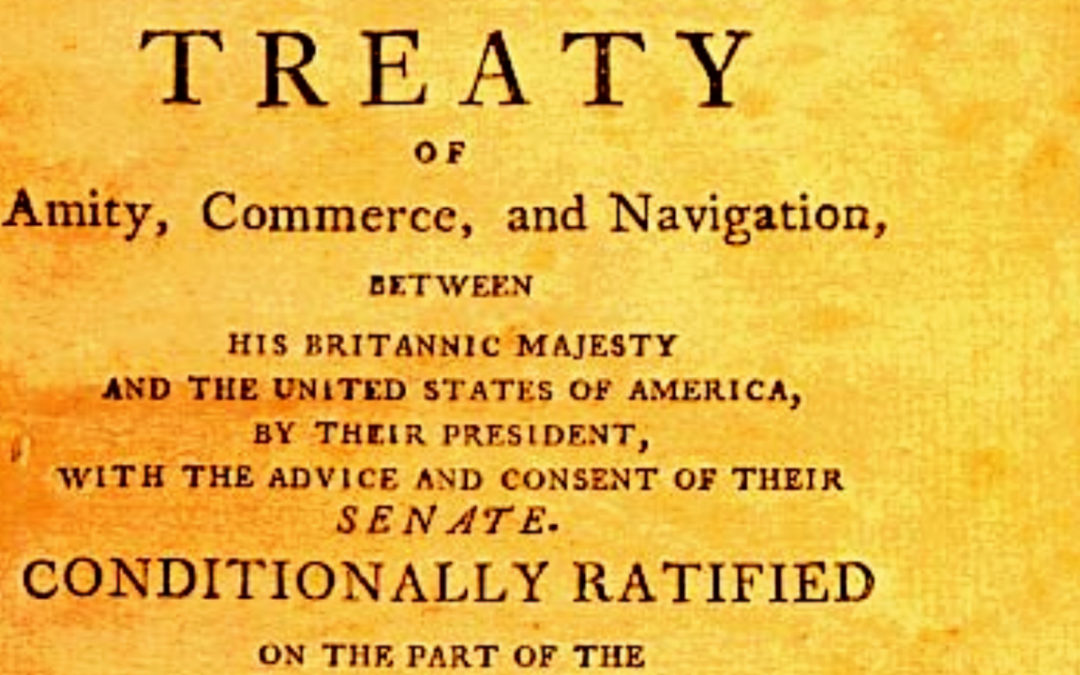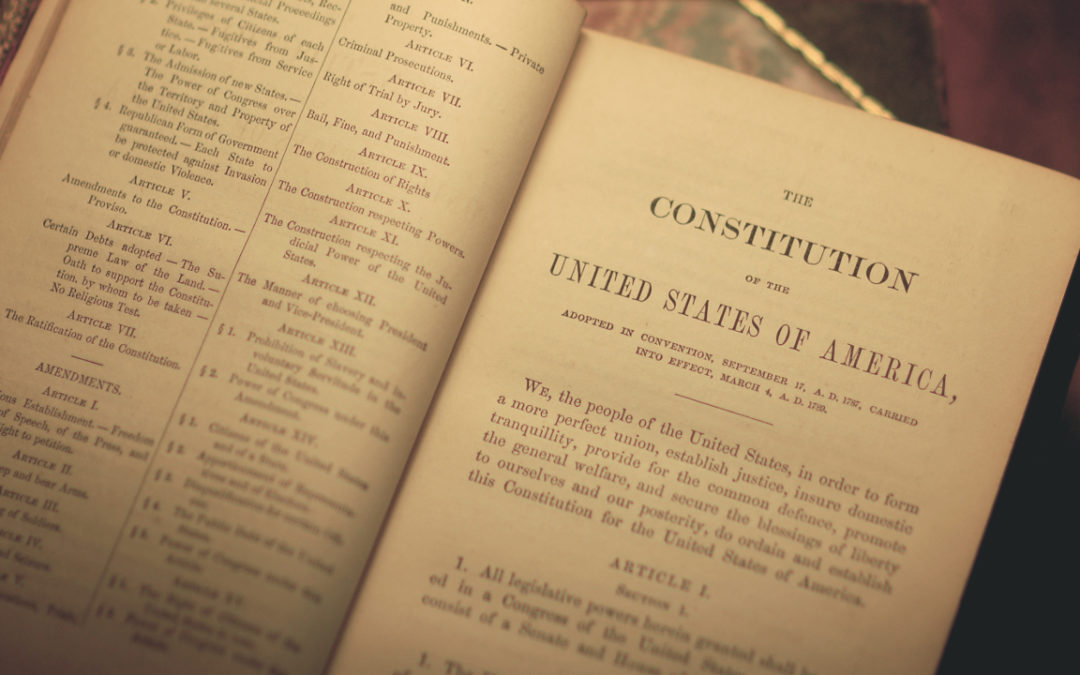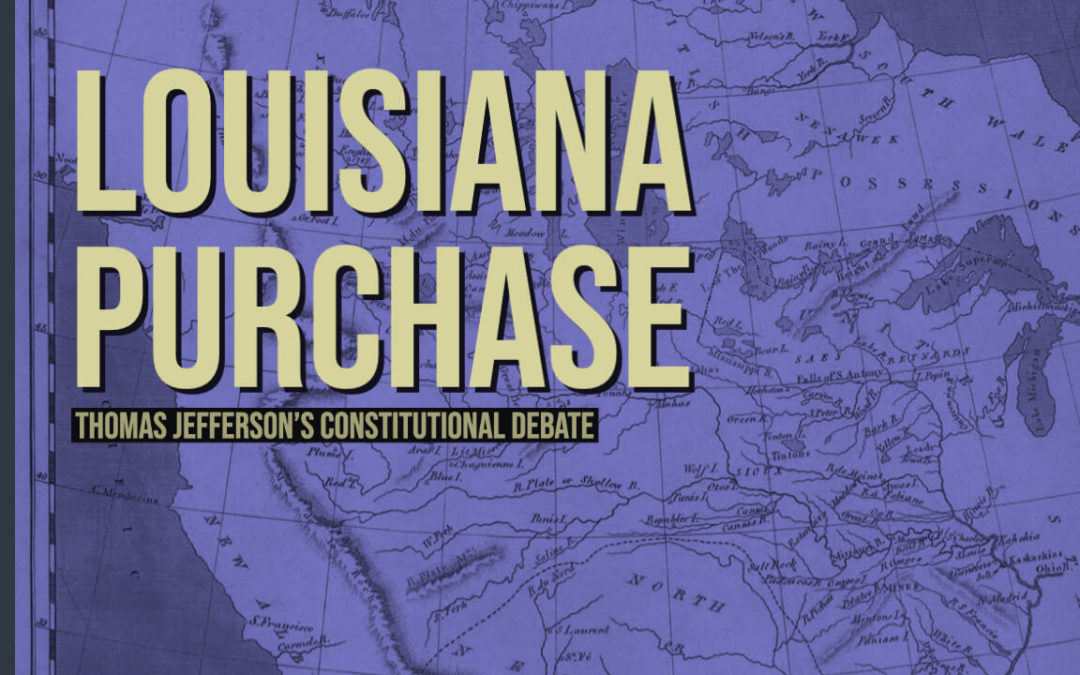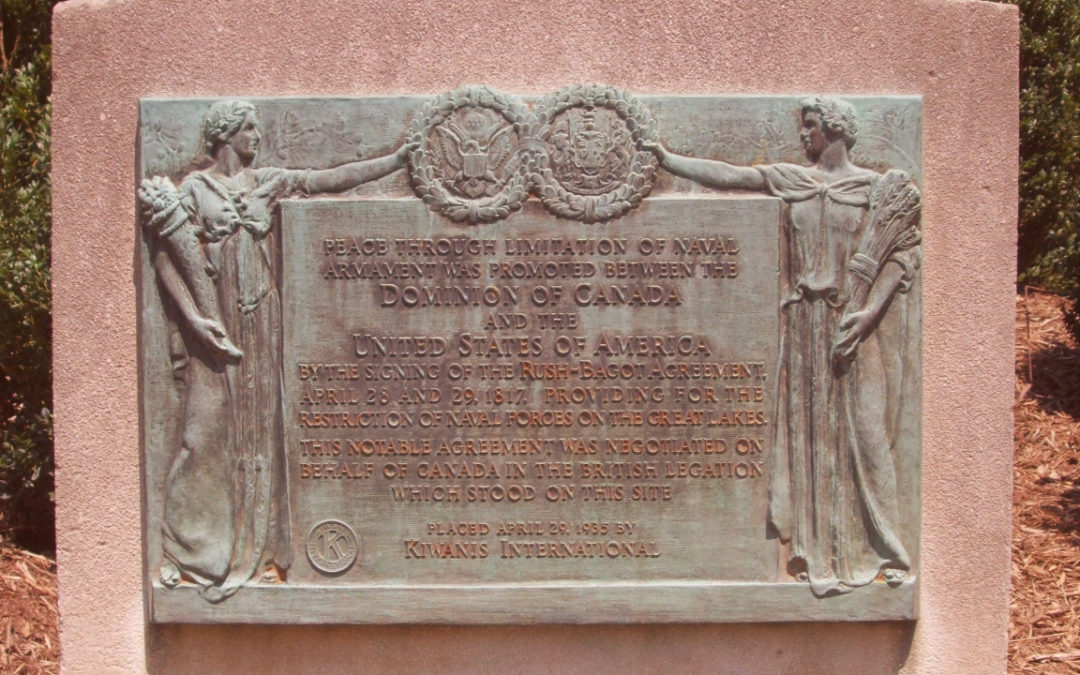
Treaty Power


The President’s Power to Terminate Treaties
At The American Conservative, Senator Rand Paul: The President Can Terminate Treaties Alone. From the introduction: When faced with questions relating to America’s role in the world, we would be wise to heed the advice of the Founders. George Washington urged...
Insupportable Burdens: Antifederalist Cato No. 6
In his 6th paper, Cato predicted direct taxation on individuals in spite of Federalist assurances the government would be able to survive on trade and import duties. He also described the Senate as an aristocracy, and warned that the treaty power would result in...
The Constitutionality of the Iran Nuclear Deal (Again)
With the impending revival of the nuclear agreement with Iran, I thought it might be useful to repost my (short!) article on nonbinding agreements, which among other things examines the constitutionality of the original 2015 deal. Core conclusion: if the agreement...
Thomas Jefferson and the Louisiana Purchase
We’ve all heard the story about Thomas Jefferson going forward with the Louisiana Purchase even though he thought it was a violation of the Constitution. But there’s much more history to it, and that includes a proposed amendment, James Madison, Albert Gallatin,...
